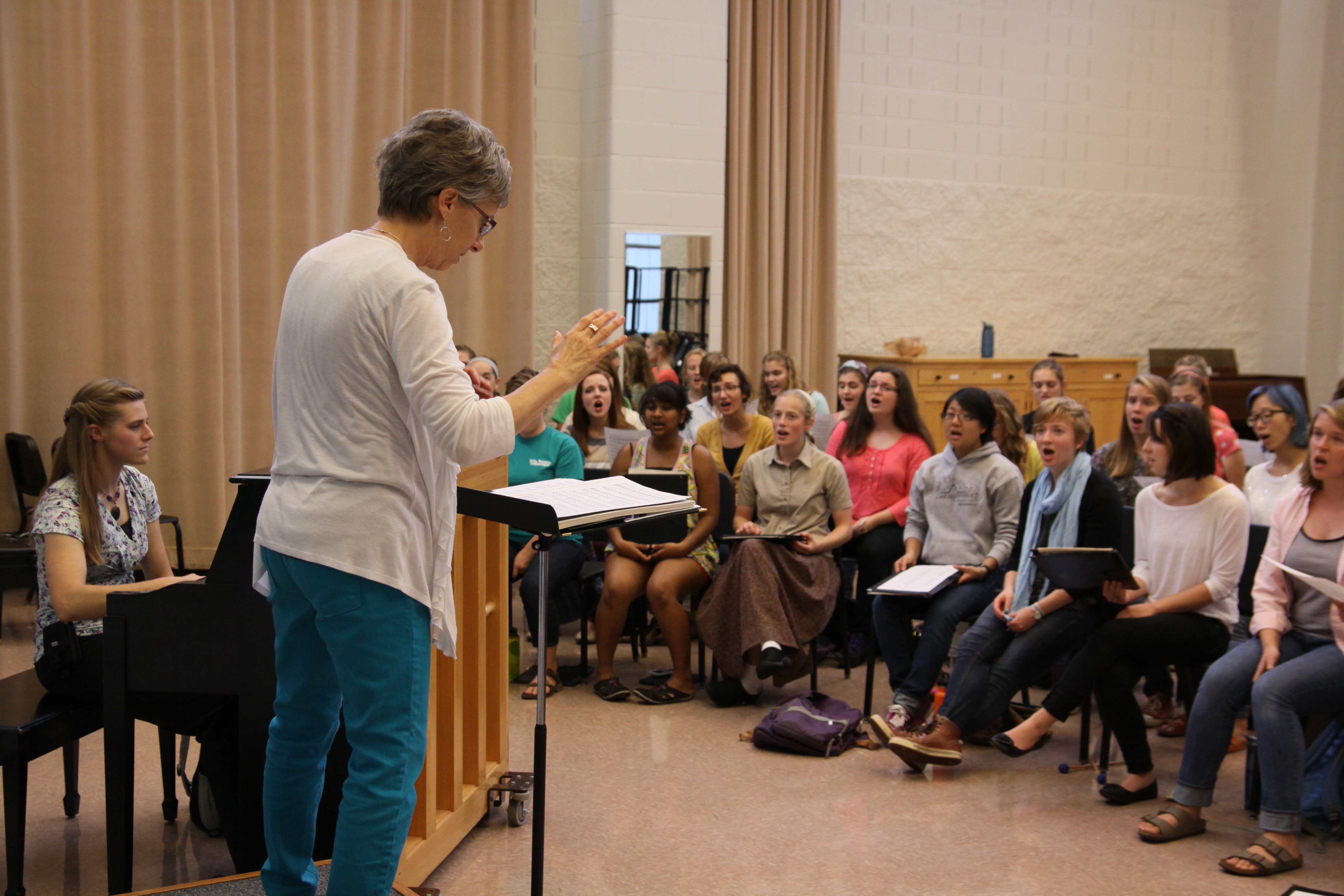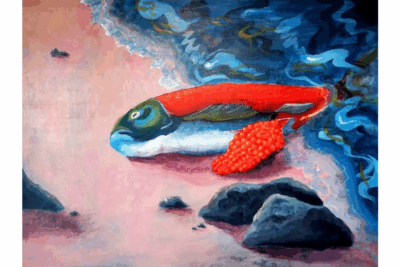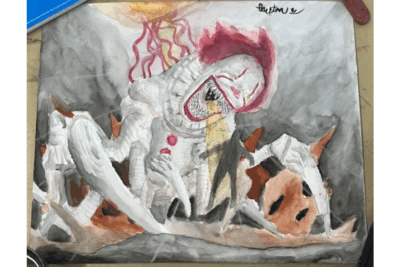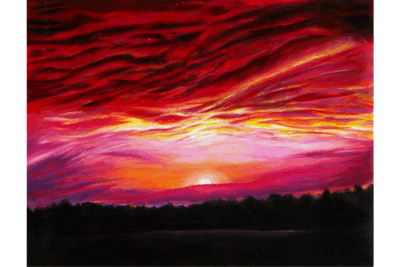Deb Brubaker has been a music professor at Goshen College for 25 years. She teaches several music courses and conducts the Women’s World Choir, started in 2008. She talks about her experience of connecting women’s voices with world music.
Q: How do you describe music as a part of your life?
A: I think I’ve always been singing. Singing is kind of how I express my Christian faith and also my passion for justice, for good things for all people.
Q: What do you like about teaching music?
A: It’s really exciting to see how music is a catalyst for connecting between the church people and the college students. It also connects college students to each other. There’s a lot of sharing of people’s faith, and just kind of seeing them discover who they are and music is one way for that to happen.
Q: How do you insert yourself or your worldview in your music career?
A: What I do most of all is to say, when I’m choosing music, what are the things that they are not being taught? What are the viewpoints that I can offer that emphasize how strongly I feel about this female aspect? I think one of the aspects that women get short changed on is the aspect of the feminine divine. I mean, Christianity is such a patriarchal religion. The systems that are in place are so devastating to women in certain respects. So how can I challenge that? And again, you can sing a lot of what you can’t say. So can you sing about the feminine divine, the feminine face of God, the maternal aspect of God, the birth giving aspect of God? That’s not a male thing. That’s a female thing. It’s to remind them that you are part of the divine as a woman. And so how can we sing about that? So that’s kind of my way of inserting my beliefs into the world through the music that I can share.
Q: What are the differences in the audience’s perception of men’s and women’s choir?
A: I think partially it’s how the music is written. Men, because of their vocal range, are able to sing very low, and also the high voices can go very high. I’ve always had the experience that when you would go to a concert, and the men’s choir would sing and they’d get done and the whole crowd would go wild yelling and screaming. Then the women would sing, and they’d sing some nice little songs about flowers or love, and it wasn’t that nice. So I thought, “Oh, I don’t want to do that. What can I do that’s different?” Well, I’m really interested in world music, and I really like the sound that I hear when I hear women’s choirs singing world music. So why don’t I do that?
Q: And what is unique about the kind of world music that you use for the Women’s Choir?
A: It’s a less trained approach. It’s the song that women are singing when they are harvesting food or preparing food. It needs to carry over a long distance. It needs to sustain you through work, and so it has more of that gut in it. All of the sudden, there’s this new vain of power that’s accessed, that western cultured women are not taught about.
Q: You said earlier that you like to use music to express your compassion for justice for all people. In what way do you apply that compassion in your work?
A: I talked to them in the choir about how privilege we are as western educated women. And how we have to be aware to be safe, but we’re not in a war zone. We have been given these incredible gifts and what will we do with them? How will we share them with the rest of the world? What’s our responsibility? And sometimes, I think our responsibility is just to sing. Another aspect of women’s choir is that we talk about these things in the recognition of us as women connect to every other woman around the globe. Because of the bodies, and the cycles and the functions that we share, we’re all connected in a special way.
Q: So what do you expect from the women in the choir besides their music skills?
A: I would want them to bring as much of themselves to the music as they can and be aware of the culture that it’s coming from. How can they find connection between what the song is saying and what they may be experiencing in life? That will enrich their life, and it will also enrich the music as they sing it.



